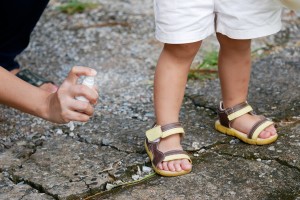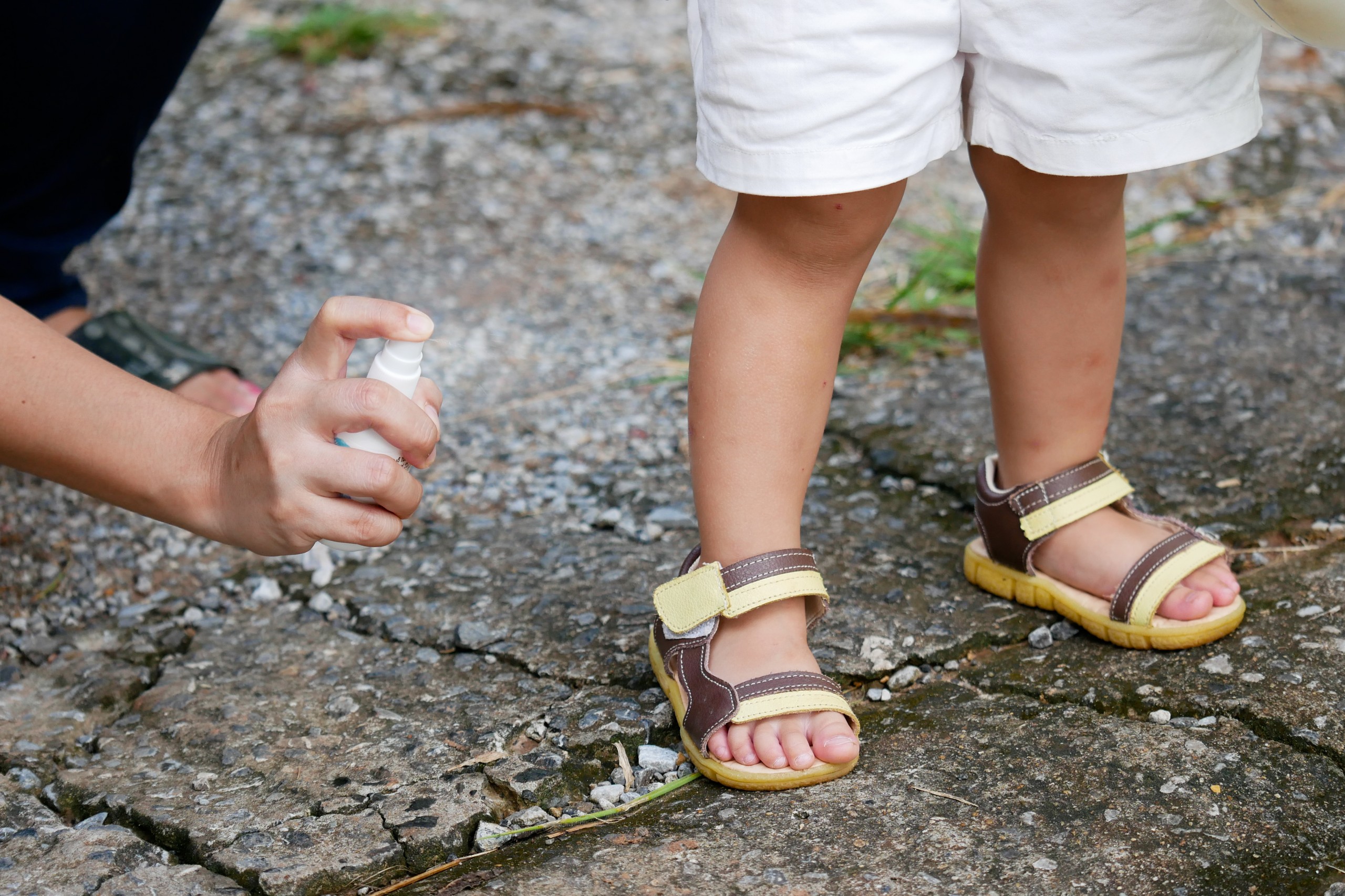 Arizona’s hot and dry summer appears to have contributed to fewer virus-carrying mosquitoes than usual so far. However, the monsoon season isn’t over yet, as last night’s storms proved. It’s important to continue thinking about mosquito-borne illnesses like West Nile virus (WNV) as we will likely see an increase in infected mosquitoes.
Arizona’s hot and dry summer appears to have contributed to fewer virus-carrying mosquitoes than usual so far. However, the monsoon season isn’t over yet, as last night’s storms proved. It’s important to continue thinking about mosquito-borne illnesses like West Nile virus (WNV) as we will likely see an increase in infected mosquitoes.
Checking your yard for standing water and dumping it out is one of the first steps you can take to fight the bite and lessen your risk of mosquito-borne illness. Mosquitoes lay their eggs in untreated water, so the less water in your yard, the less they’re able to reproduce and bite you.
West Nile is the most common mosquito-borne disease in the U.S. and Arizona reports about 100 cases a year on average. Roughly 80% of people who get infected won’t experience any symptoms, but the rest develop a fever with other symptoms such as headache, body and joint aches, vomiting, diarrhea, or rash. About 1 in 150 people who become infected will develop a severe neurological disease that can be fatal.
Two recent publications regarding 2021 national surveillance of arthropod-borne diseases and the unprecedented 2021 outbreak of WNV in Maricopa County, demonstrate that Arizona can be a hotspot for WNV. The vast majority of Arizona’s WNV cases that year came in September and October, which underscores the need for continued vigilance this year.
It’s important to know that mosquitoes can bite any time of the day or night, so we should continue to take precautions against WNV at all times during mosquito season.
Here are some ways to protect yourself and your loved ones:
- Wear EPA-approved insect repellent when outdoors.
- Wear lightweight long-sleeve shirts and pants outside.
- Ensure the screens to your homes are intact.
- Dumping any sources of standing water around your home to prevent mosquitoes from breeding
To learn more about West Nile and other mosquito-borne illnesses, along with more ways to protect your household, please visit our website.










